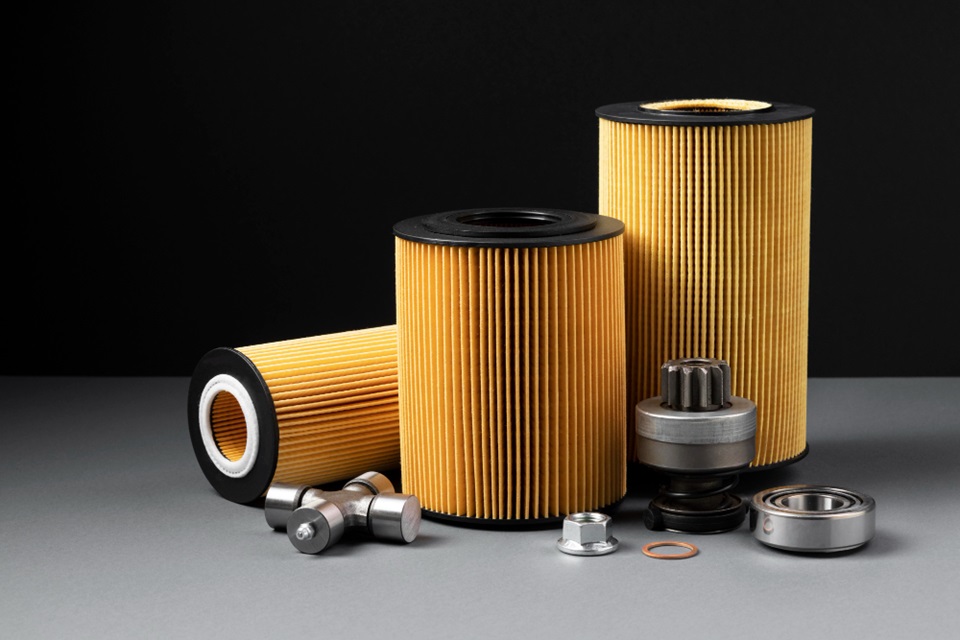Hydraulic filters remove contaminants from hydraulic fluid, preventing premature component failure and prolonging the lifespan of heavy equipment. However, over time, these filters can become clogged. Knowing the warning signs of a clogged filter is essential for maximizing your equipment’s performance and longevity.
Pressure, return line, and suction filters are all essential components of a hydraulic system. Ensuring that each is rated for your system’s running pressure and ISO code is vital.
Reliability
A hydraulic filter is critical to any fluid power circuit because it protects sensitive components from damaging contamination. About a million particles enter hydraulic systems every minute, threatening component damage. This is why it’s essential to have a routine filtration schedule that ensures the integrity of your equipment.
Choosing the suitable hydraulic filter suppliers VA for your application requires considering operational pressure, construction material, mesh size, and a filter’s beta rating or how efficiently it retains debris and contaminants. A high beta rating indicates better particle retention and a higher life expectancy.
In addition to hydraulic filters, you’ll need hydraulic fluid additives to help prevent corrosion in your system. You’ll also need auxiliary equipment such as pressure gauges, sight glasses, and breathers. Having these pieces of machinery in place can prevent costly breakdowns that delay your projects and crew’s work schedule.
Customer Service
In a world where the motto “time is money” is expected, the reliability of machines, systems, and their hydraulic components is essential. Whether due to dirt on construction sites or dust loads in factories, heavy contaminants can accelerate component wear and cause expensive failures. However, these risks can be avoided with optimum hydraulic filtration, and systems and machinery can operate at total capacity.
When selecting a filter, it is essential to consider its operational pressure, mesh size, and filter material. It must also be compatible with the machine or system and capable of removing harmful contaminants from hydraulic oil. The right filter will help to improve machine efficiency and tame down operating costs. It should also be able to detect additive depletion in hydraulic oil.
Using a quality filter can prevent the risk of clogs, which may damage critical components. Scheduled oil sampling is another way to identify potential problems early and save money by avoiding costly repairs and downtime.
Pricing
Hydraulic oil filters effectively reduce system downtime by trapping and removing contaminants, which improves optimal performance, tames down repair and maintenance costs, and extends service life for system components. Typically, filters are located in the return line, pressure, recirculation, and suction of the hydraulic system to control contamination from entering the system.
Manufacturing and handling create an undesirable amount of dirt in the hydraulic fluid, so it is essential to filter new oil before using it in a system. Dirty hydraulic oil can cause damage to the equipment and even complete failure of the system.
High-pressure hydraulic filters are a vital component of a functioning hydraulic system. However, just like any other machinery component, they can be subject to problems that affect their function and efficiency. Fortunately, several solutions to these problems will help you get the most out of your hydraulic oil filter in the long run.
Experience
Just like your body needs clean water to function correctly, the hydraulic fluid that makes your heavy equipment work properly requires a filter to remove damaging contaminants. Clogged filters, or a lack of one, can significantly reduce the lifespan and efficiency of your machinery.
A hydraulic filter is a cylindrical device with openings for the fluid input and output on opposite sides of the element. The filter media traps the contaminants while allowing the cleaned fluid to pass through. When the element becomes contaminated, a switch often alerts you that it is time to change it.
Some filters are located on the suction side of a pump intake, while others are installed on the pressure side before valves and cylinders. In either case, an excellent hydraulic filter must trap large particles without affecting the flow rate. Typically, filter ratings are determined by an absolute and beta rating, which tests the largest particle that passes through the filter medium and how quickly the element can become clogged.



